Despite volatile fuel prices, varied access to clean water, fresh fruits, vegetables, and grain, for most of us, our most scarce commodity is time. Competing responsibilities constantly claw away at it until we are left with precious few minutes of time for intentional allocation. With mid-August’s arrival, educators and students around the country experience an amplified sense of time scarcity as summer bucket lists feel just a bit more urgent.
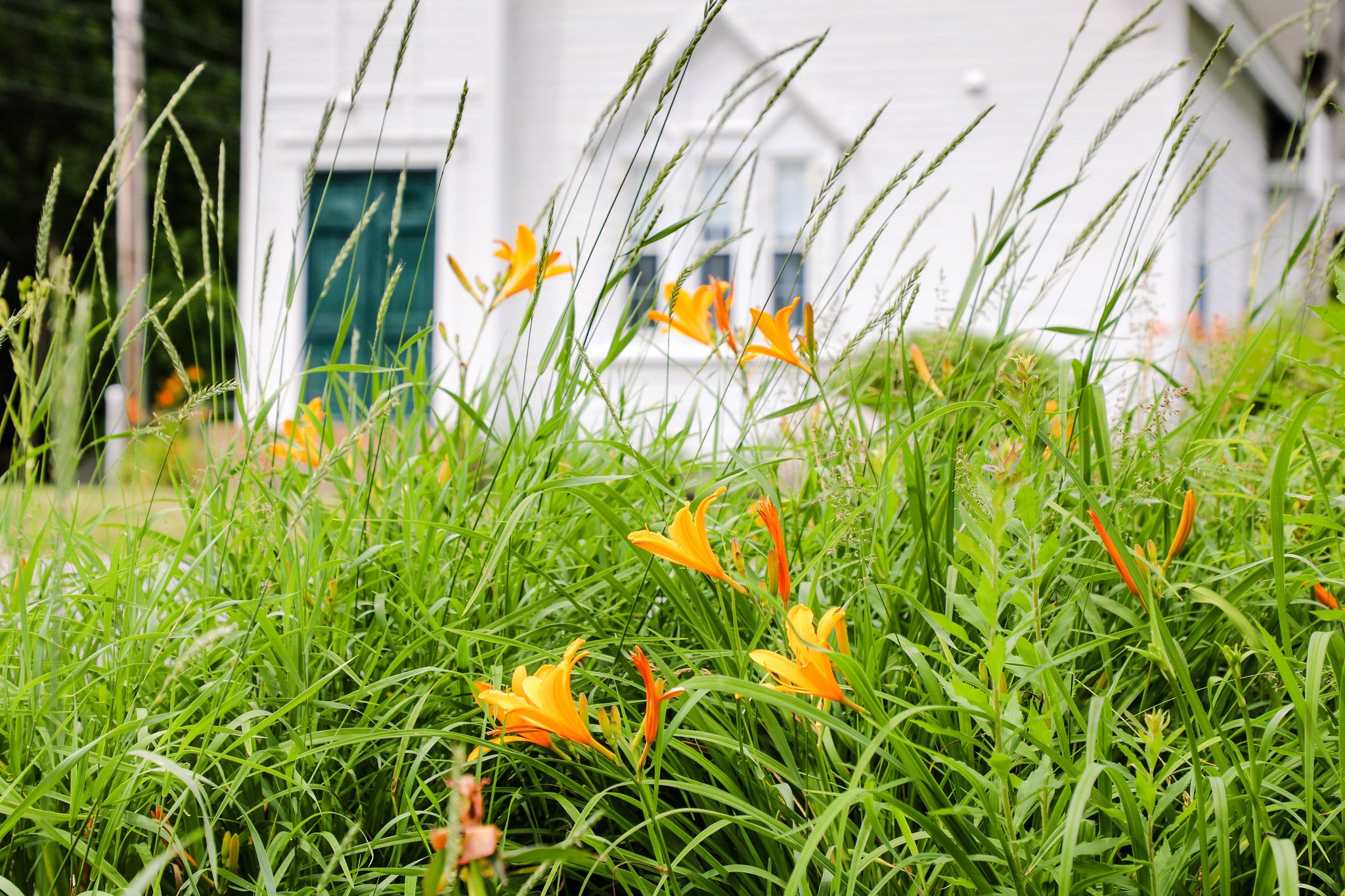
We fear our time is about to be taken from us as we launch into a ten month sprint of providing and supporting a life-changing educational experience. Working at Proctor is truly a lifestyle job where we live and learn alongside our colleagues and our students, and it is in the absence of free time during the school year that the benefits of living in community begin to blossom.
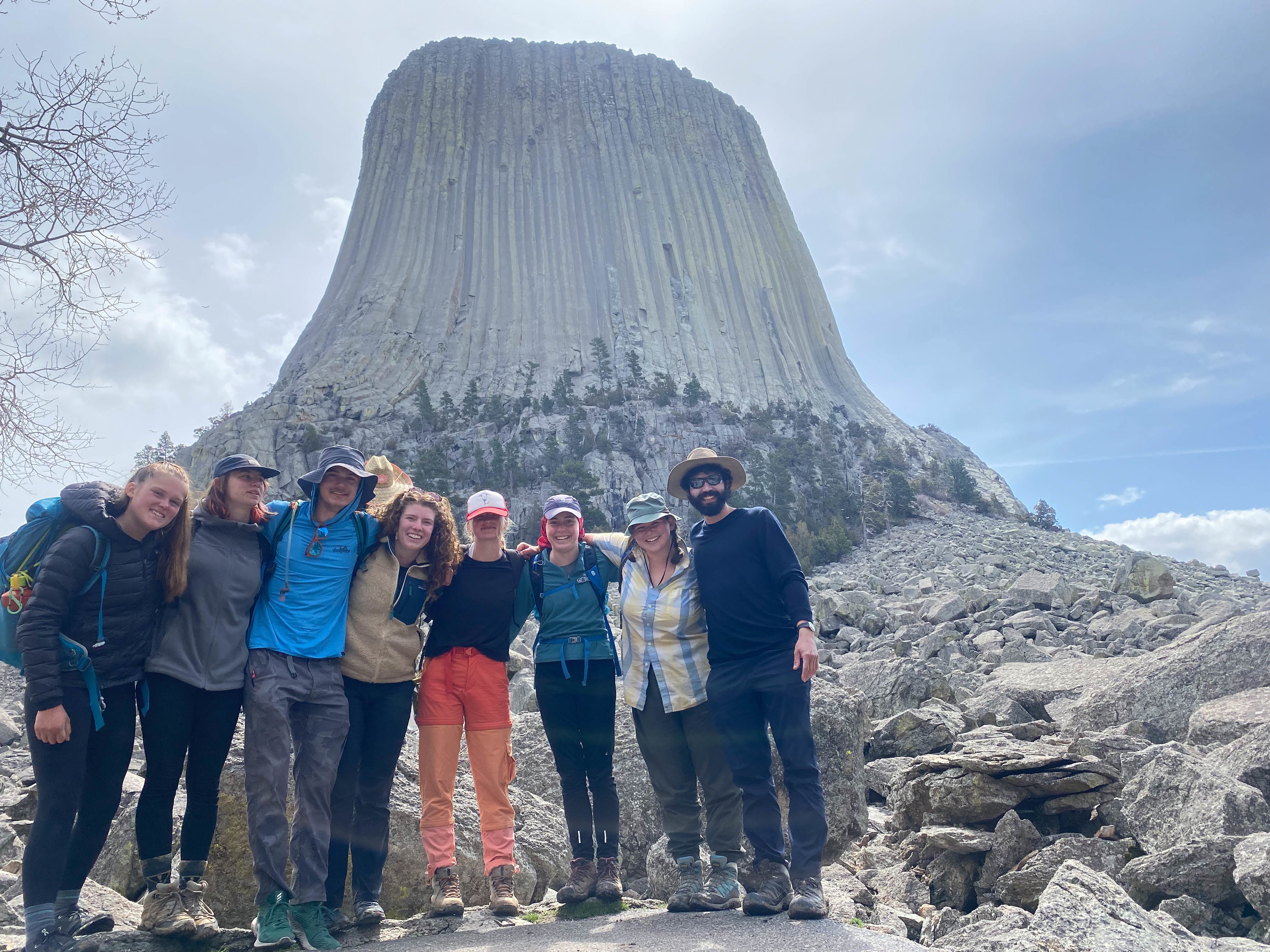
As we share experiences with others, we expose ourselves to the opportunity for new friendships. At boarding school, the sheer number of shared experiences means we have endless opportunities to find and nurture these new relationships, regardless of our age or role at the school. David Brooks wrote in his most recent column, “Entering into a friendship can be a life-altering act, and entering into a friendship with someone different from yourself can be life-transforming. The philosopher Alexander Nehamas argues that when we enter into a friendship, we’re surrendering our future selves to that relationship, in part because the friend may call forth parts of ourselves that don’t yet exist.”
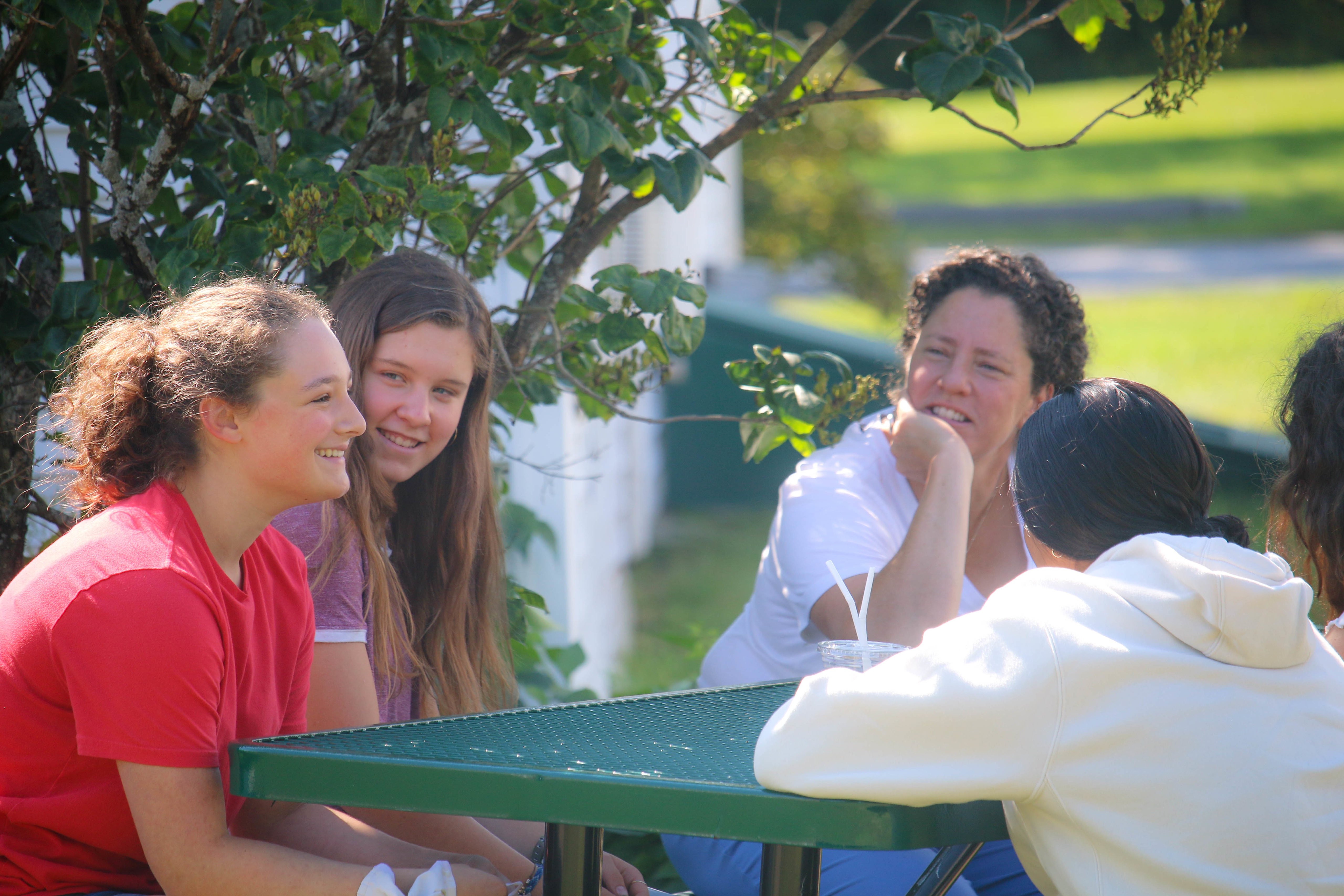
A recent, ground breaking study by authors from Stanford, Harvard, and NYU (read more HERE) found the influence of cross-income friendships as the leading indicator of economic connectedness and mobility for low-income communities. The visuals in the above linked piece in the New York Times are fascinating and well worth your time exploring as it relates to Proctor as a community.
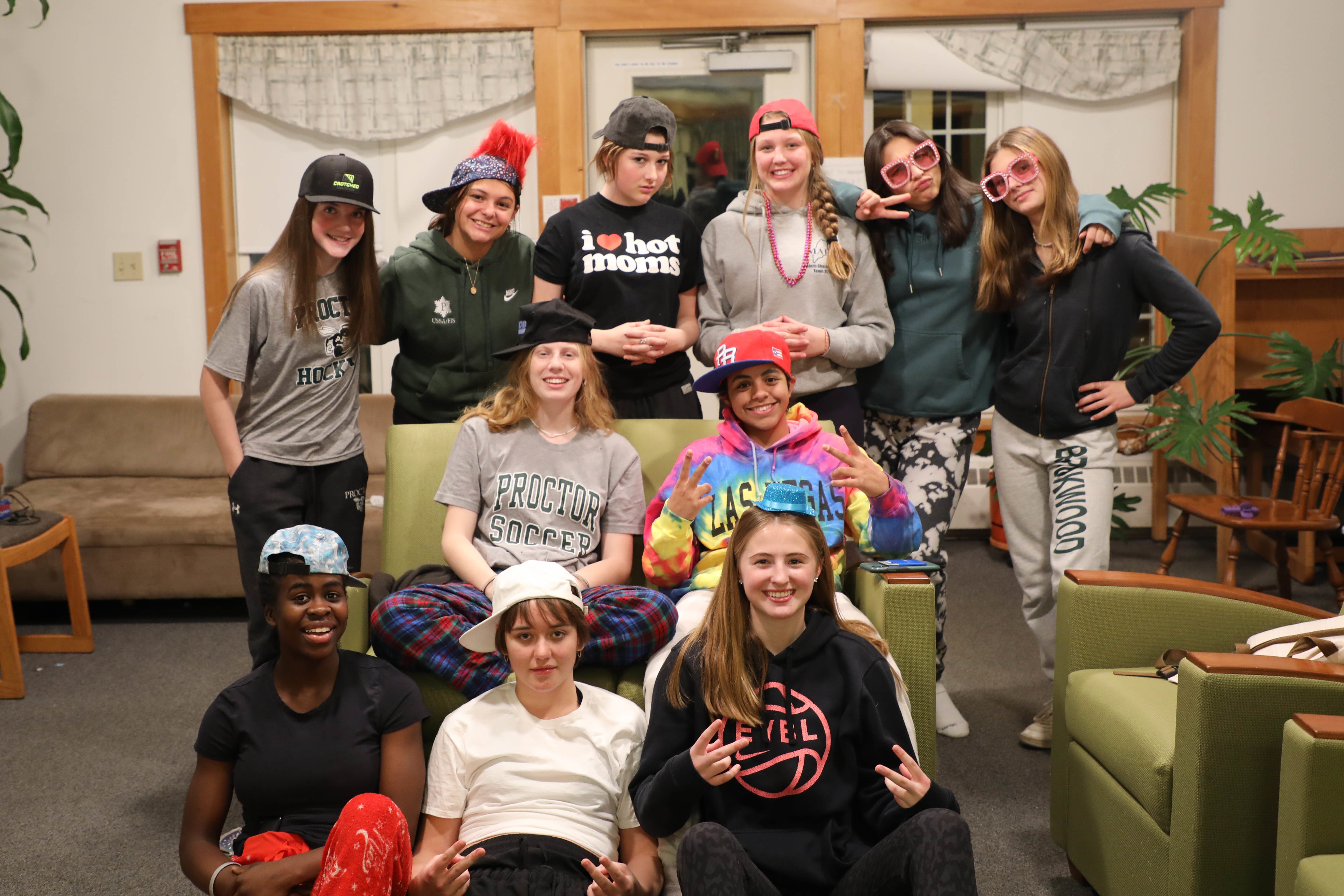
We tend to surround ourselves with friends who have similar political leanings, faith, interests, and education, this study reinforces the importance of making connections outside of our chosen communities. Robert Putnam, a political scientist at Harvard University, was quoted in David Brooks column, “I think what we lack in America today, and what’s been dropping catastrophically over the last 50 years, is what I call ‘bridging social capital’ — informal ties that lead us to people who are unlike us…And it’s a really big deal because it provides a number of avenues or clues by which we might begin to move this country in a better direction.”
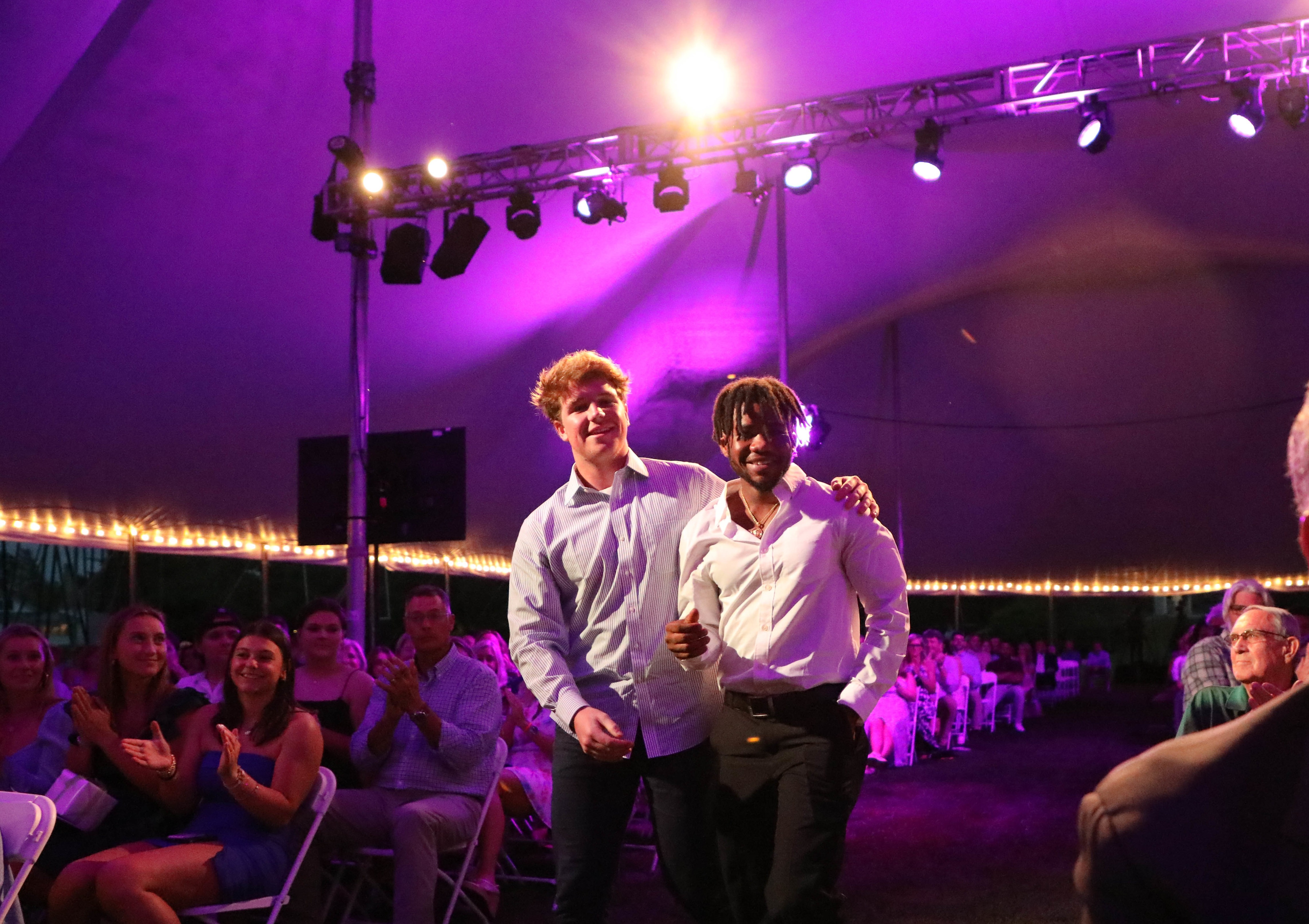
While Proctor certainly attracts families with shared interests and values as it relates to our educational model, the diversity of backgrounds and experiences of our students and faculty affords a unique opportunity to develop friendships with those unlike us in dormitories, on athletic teams, in a performance, the art studio, class, or advisory group. Each day we are placed in intentional small group experiences with others who may or may share our interests, and it is in these places that a community is built, one relationship at a time.
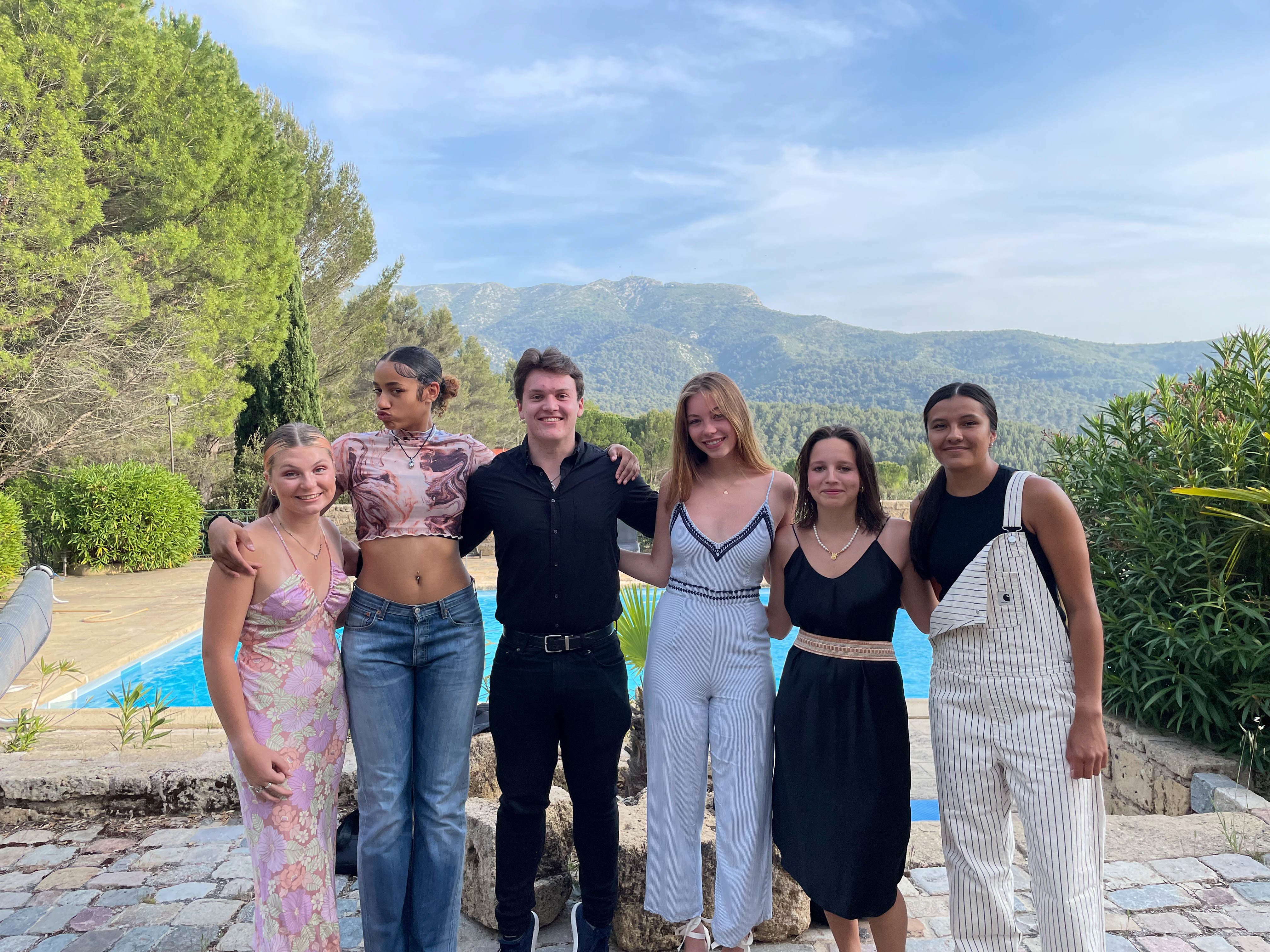
Our work making the world a better place starts with those around us - our friends - and extends outward in concentric circles as we connect with and influence others. If we can cultivate shared experiences, and in turn friendships, among a group of individuals at Proctor who come from diverse backgrounds with varied life stories, we can serve as a catalyst for change not just within our Proctor community but beyond.








